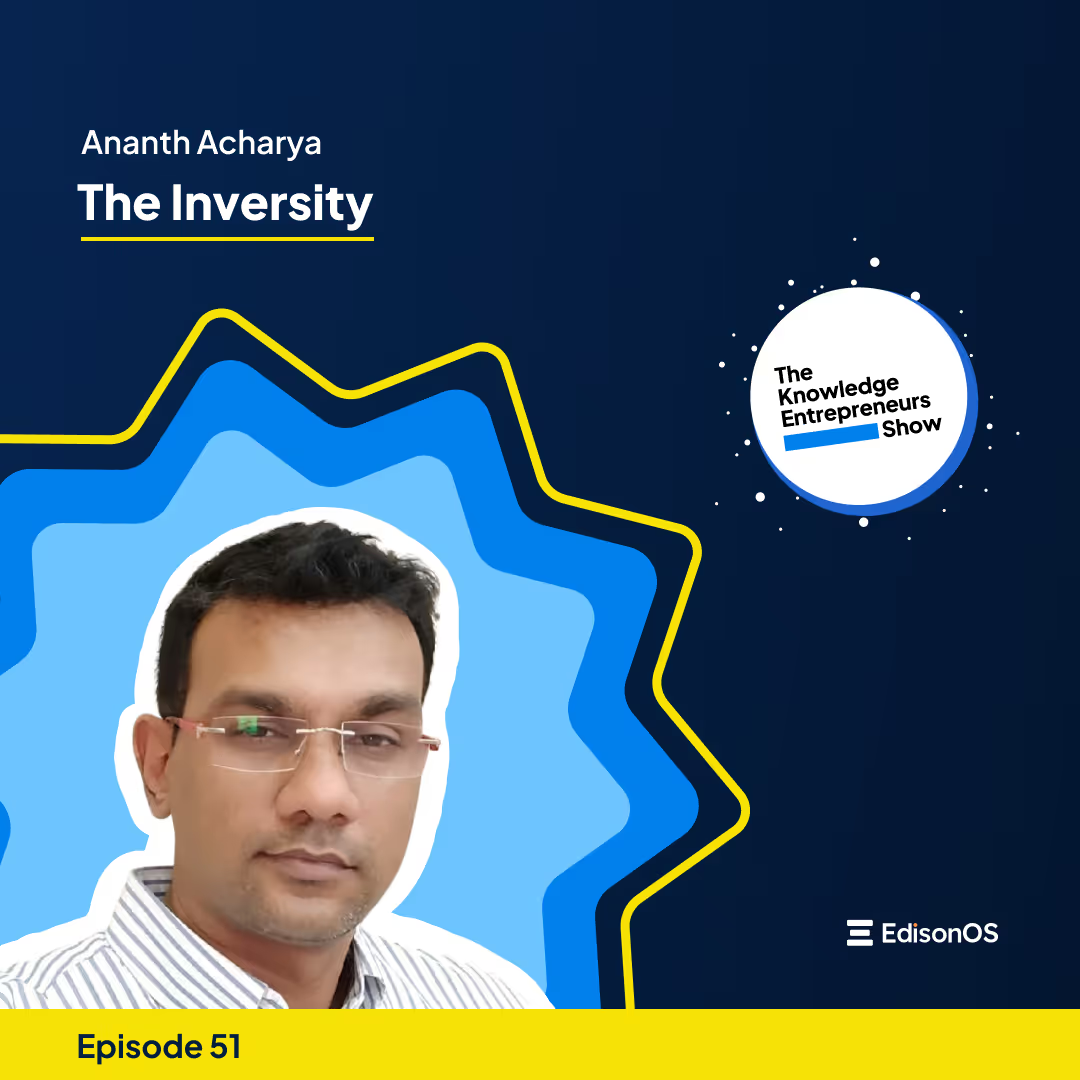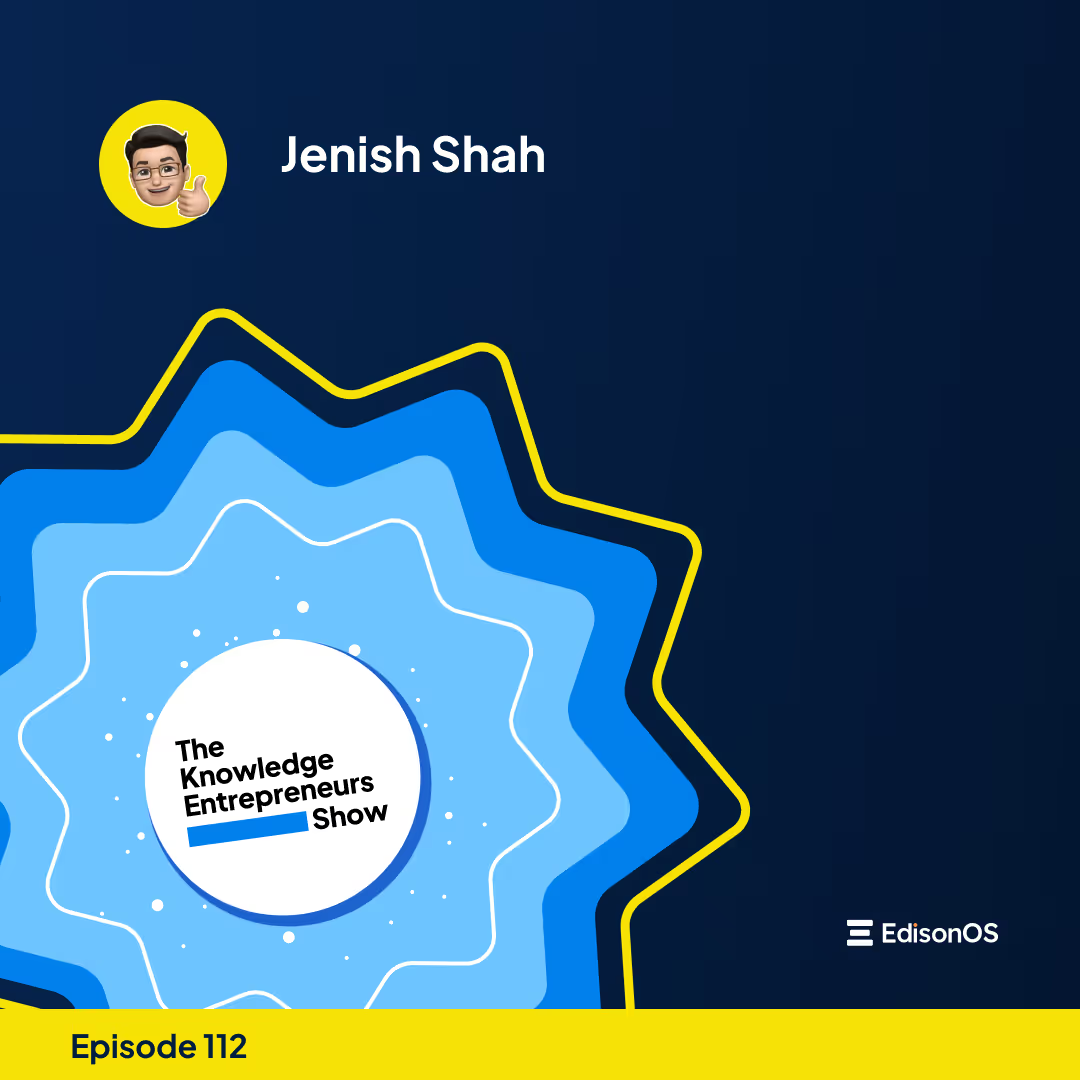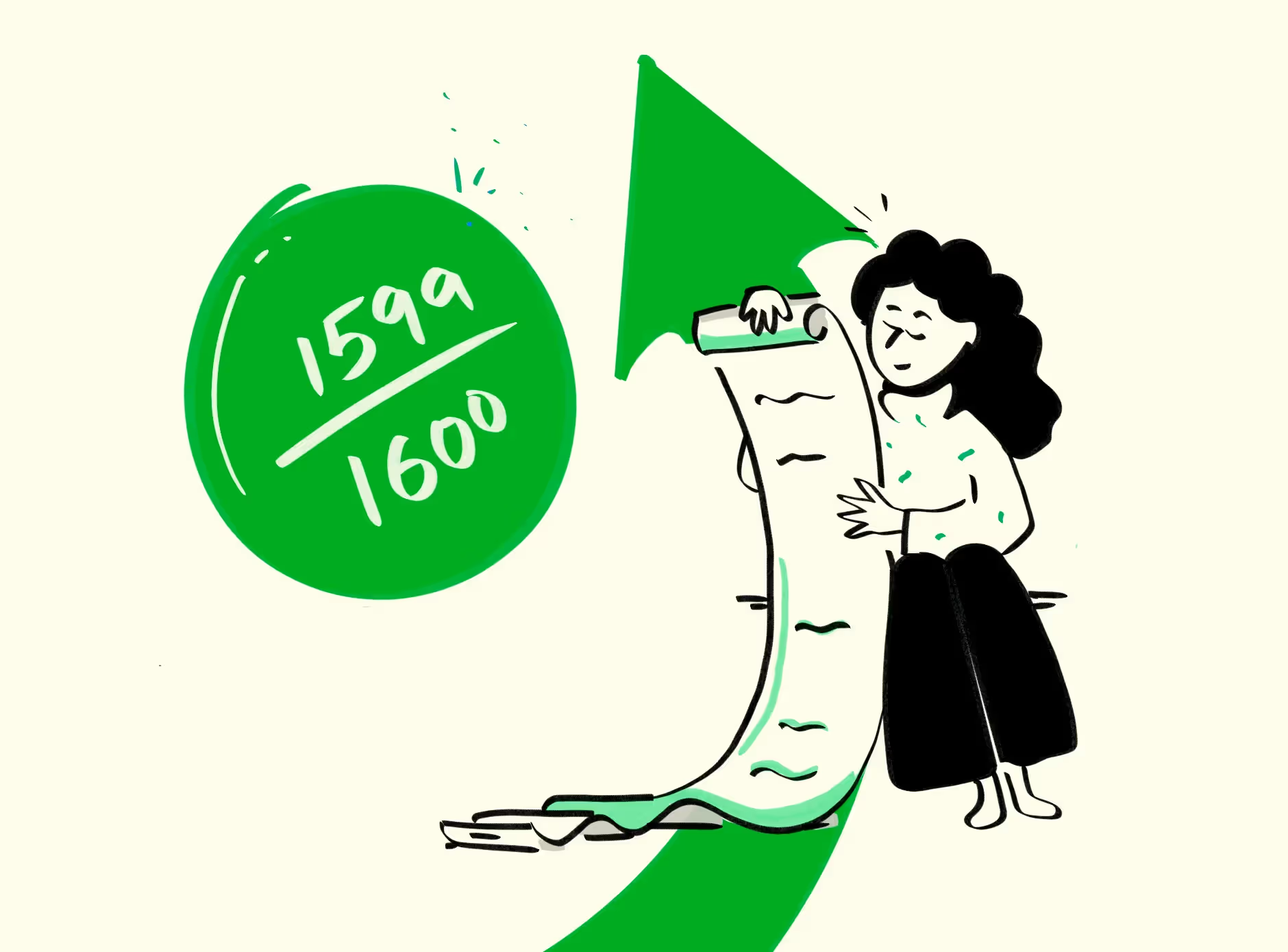




Key Takeaways
Introduction
The SAT has been a cornerstone of college admissions for decades, and with the transition to a digital format, the test continues to evolve.
One of the most challenging question types on the Digital SAT is the inference question - the ones that don’t ask for direct facts but rather interpretations of what’s being implied. These questions test your ability to read between the lines, draw conclusions from subtle clues, and understand deeper meanings in the passage.
In this blog post, we’ll explore how to master inference questions on the Digital SAT. We will provide you
- Strategies
- Tips
- Practice questions
- Whether you're a first-time test-taker or looking to improve your score, this guide will equip you with the tools to confidently approach these questions on test day.
Inference Questions on the Digital SAT
Unlike questions that ask you to find specific facts or details in the passage, inference questions in SAT expect you to understand the underlying implications or conclusions based on the information provided.
What Makes Inference Questions Challenging?
Inference questions are tricky to answer because they often don't have a straightforward answer. All answer options may all seem plausible, but only one will be consistent with the overall message or implied meaning of the passage. You’ll need to evaluate the passage as a whole, considering tone, word choice, context, and subtle clues the author gives.
Here are a few characteristics of inference questions you may encounter:
- Subtlety: The correct answer is often implied rather than explicitly stated.
- Context-dependent: The answer is often rooted in the context of the entire passage, not just isolated facts or sentences.
- Tone and intention: You may need to infer the author’s tone, attitude, or intention behind a statement.
- Assumptions: Some questions may require you to identify an underlying assumption the author is making.
Common Types of Inference Questions
There are several types of inferences you might be asked to make:
- Tone and attitude: What is the author's attitude toward the subject matter or the audience?
- Purpose: Why did the author include a particular detail, argument, or example? What is the purpose of this section?
- Implied meaning: What can you infer about the meaning of a phrase or passage that isn’t directly stated?
- Cause and effect: How do certain actions or events lead to other results, and what can be inferred from that relationship?
Strategies for Mastering Inferences Questions
- Read Actively and Critically: As you read the passage, focus on understanding the author’s message rather than just the surface details. Look for tone, word choice, and implied meanings.
- Identify Keywords and Phrases: Inference questions often use keywords that can point to deeper meanings. Look for words that indicate opinions, attitudes, or emotions (e.g., “frustrated,” “concerned,” “delighted”).
- Consider the Entire Passage: The correct answer often relies on understanding the larger context. Don't just focus on one sentence or section.
- Eliminate Obvious Distractions: Some answer choices may be tempting but irrelevant. Use your understanding of the passage to rule out answers that don’t make sense given the tone and context.
- Practice with Similar Questions: The more you practice, the better you’ll get at picking up on subtle clues and understanding the types of inferences that are commonly tested.
Practice Inference Questions
Let’s dive into some sample questions that simulate the type of inferences you might encounter on the Digital SAT. These questions are designed to help you apply the strategies above and test your ability to draw conclusions from a passage.
Passage 1:
(Excerpt from a passage about climate change and its effects on coastal cities)
“While some regions of the world continue to experience the devastating effects of climate change, others remain untouched, seemingly impervious to the rapidly shifting global climate patterns. Scientists have warned that the rise in sea levels and the increasing frequency of extreme weather events could spell disaster for cities located along the coasts. The inhabitants of these cities are beginning to prepare for an uncertain future.”
Question 1:
Based on the passage, which of the following can be inferred about the future of coastal cities?
A) Coastal cities will remain unaffected by climate change in the long term.
B) The inhabitants of coastal cities are taking proactive steps to prepare for potential disaster.
C) Scientists are uncertain about the impacts of climate change on coastal cities.
D) Sea levels will rise at a uniform rate across the globe.
Passage 2:
(Excerpt from a passage discussing the effects of social media on teenagers)
“Many experts argue that social media has a profound effect on the mental health of teenagers, with some studies linking increased screen time to higher levels of anxiety and depression. However, there are others who maintain that social media can have positive effects, such as fostering connections with like-minded peers and providing a platform for self-expression. While the debate continues, it is clear that social media has both negative and positive impacts on today’s youth.”
Question 2:
What is the author’s attitude toward the role of social media in the lives of teenagers?
A) The author believes that social media is entirely harmful to teenagers.
B) The author is neutral but acknowledges that there are multiple perspectives on the issue.
C) The author strongly advocates for limiting teenagers' use of social media.
D) The author believes social media’s positive effects far outweigh the negatives.
Passage 3:
(Excerpt from a passage about the history of the printing press)
“Before the advent of the printing press, books were scarce and expensive. Only the wealthiest could afford to own them, and knowledge was largely confined to the elite. With the invention of the printing press, books became more accessible, leading to an explosion of learning and a democratization of knowledge. This allowed ideas to spread more freely, forever altering the course of human history.”
Question 3:
What can be inferred from the passage about the impact of the printing press?
A) The printing press allowed books to become more accessible to the general population.
B) The printing press caused the price of books to increase dramatically.
C) The printing press did not have a significant effect on knowledge dissemination.
D) The printing press made it easier for only the wealthy to acquire books.
Passage 4:
(Excerpt from a passage about the effects of urbanization on local wildlife)
“Urbanization has significantly altered natural habitats, often leading to the displacement of wildlife. As cities expand, forests are cleared, rivers are dammed, and open spaces are replaced with concrete and steel. However, some species have shown remarkable adaptability, finding new ways to thrive in urban environments. Yet, for many others, the rapid growth of cities poses a real threat to their survival.”
Question 4:
Which of the following can be inferred about urbanization’s impact on wildlife?
A) Urbanization is entirely harmful to wildlife, with no species adapting successfully.
B) Some species are able to adapt to urban environments, while others are endangered.
C) Urbanization has no effect on wildlife populations.
D) All species are equally affected by urbanization.
Passage 5:
(Excerpt from a passage on the role of government in regulating business practices)
“While proponents of free-market capitalism argue that government interference stifles innovation and growth, others contend that regulations are necessary to protect consumers, ensure fair competition, and preserve public welfare. Striking a balance between these opposing views has been one of the most contentious issues in modern economic policy.”
Question 5:
What is the author's implied opinion about government regulation of business?
A) The author believes that government regulation is unnecessary and harmful to business.
B) The author believes that government regulation is essential for protecting the public and ensuring fairness.
C) The author believes that the debate over regulation is complex and involves competing interests.
D) The author believes that government regulation should be eliminated entirely.
Passage 6:
(Excerpt from a passage about the rise of renewable energy technologies)
“Across the globe, countries are investing heavily in renewable energy technologies, from solar panels to wind farms, in response to the growing demand for sustainable energy solutions. These technologies promise to reduce carbon emissions and reliance on fossil fuels, but challenges remain, including the high cost of implementation and the need for efficient storage solutions. Despite these hurdles, many believe that the future of energy lies in renewables.”
Question 6:
Which of the following can be inferred about the future of renewable energy?
A) Renewable energy technologies will remain too expensive to implement on a large scale.
B) The transition to renewable energy will likely continue despite existing challenges.
C) Fossil fuels will continue to be the dominant source of energy for the foreseeable future.
D) There is little support for the development of renewable energy technologies worldwide.
Passage 7:
(Excerpt from a passage about the influence of social media on politics)
“Social media platforms have revolutionized the way political campaigns are conducted, allowing candidates to reach a broader audience more quickly and cheaply. However, the ability to instantly broadcast messages has also led to the spread of misinformation, and some argue that it has exacerbated political polarization. While social media can foster engagement and mobilize voters, it can also amplify divisiveness.”
Question 7:
What can be inferred about the role of social media in politics?
A) Social media is entirely beneficial for political campaigns, with no negative effects.
B) Social media has both positive and negative effects on political discourse.
C) Social media only causes harm by spreading misinformation and division.
D) Social media is not a significant factor in modern political campaigns.
Passage 8:
(Excerpt from a passage about the importance of physical activity for mental health)
“Research has shown that regular physical activity can significantly improve mental well-being, reducing symptoms of anxiety and depression. While some might assume that exercise is only important for physical health, studies consistently indicate that the mental health benefits are just as significant. Even moderate exercise, like walking or yoga, can help improve mood and alleviate stress.”
Question 8:
What can be inferred from the passage about exercise and mental health?
A) Physical activity only benefits physical health and has no impact on mental well-being.
B) Even moderate levels of physical activity can have a positive impact on mental health.
C) Exercise is most effective when combined with other forms of mental health treatment.
D) The benefits of exercise for mental health are minimal compared to other treatments.
Passage 9:
(Excerpt from a passage about the decline of local businesses due to large chain stores)
“Local businesses have been facing increasing challenges as large chain stores expand into their communities. The convenience and lower prices offered by these chains often lead consumers to choose them over small, independently owned shops. While some consumers prefer the personalized service that local businesses offer, others are drawn to the affordability and variety of goods available at chain stores.”
Question 9:
What can be inferred about the relationship between local businesses and chain stores?
A) Local businesses are thriving despite competition from chain stores.
B) Consumers prefer chain stores due to their lower prices and wider selection.
C) Local businesses are more affordable than chain stores, but consumers choose chains anyway.
D) The growth of chain stores has not impacted the success of local businesses.
Passage 10:
(Excerpt from a passage about the importance of sleep in cognitive function)
“Studies have shown that a lack of sleep can impair cognitive function, affecting memory, decision-making, and concentration. Although many people believe that they can function well with less sleep, the research consistently shows that inadequate rest leads to reduced efficiency and greater susceptibility to stress. In contrast, a regular sleep routine enhances focus and overall brain performance.”
Question 10:
What can be inferred from the passage about sleep and cognitive performance?
A) Lack of sleep has no significant impact on cognitive abilities.
B) A regular sleep routine improves focus and reduces stress.
C) People who sleep less than the recommended amount perform better mentally.
D) Cognitive performance is only affected by sleep when stress levels are high.
Passage 11:
(Excerpt from a passage about the impact of technology on traditional industries)
“Technology has disrupted many traditional industries, revolutionizing the way businesses operate and transforming job markets. While some industries have embraced these changes and adapted to new technologies, others have struggled to keep up. In some cases, entire sectors have been rendered obsolete, leaving workers in those industries to grapple with unemployment and the need for retraining. Despite these challenges, there are experts who argue that technological advancements ultimately lead to new opportunities, even if the transition period is difficult.”
Question 11:
What can be inferred from the passage about the effects of technological advancements on industries?
A) Technological advancements have only created challenges for businesses and workers.
B) Some industries have successfully adapted to new technologies, while others have not.
C) Technological advancements always lead to job losses and unemployment.
D) Workers in all industries will face unemployment due to technological disruptions.
Passage 12:
(Excerpt from a passage about the role of government in education)
“While education is often viewed as a public good, there are differing opinions about the extent of government involvement in schools. Advocates for more government control argue that it ensures equity and provides necessary resources to underserved communities. On the other hand, opponents believe that too much government involvement stifles innovation and reduces the quality of education by imposing uniform standards. The debate continues as policymakers try to find the right balance.”
Question 12:
What can be inferred about the debate on government involvement in education?
A) The debate is entirely one-sided, with most people supporting government control.
B) There is a clear consensus that more government involvement will improve education.
C) The debate involves competing views on whether government involvement helps or harms education.
D) Government involvement in education has been largely successful in improving quality.
Passage 13:
(Excerpt from a passage about the challenges of urban development)
“As cities grow and populations increase, urban development often leads to the destruction of natural landscapes. Parks, forests, and open spaces are replaced by buildings, roads, and other infrastructures. However, some urban planners advocate for 'green development,' which seeks to integrate nature into cities by preserving existing green spaces and creating new ones. This approach aims to balance growth with environmental sustainability.”
Question 13:
What can be inferred about the goals of urban planners advocating for “green development”?
A) They believe cities should remain small and avoid any further development.
B) They are focused on making cities more eco-friendly while still allowing growth.
C) They want to replace all urban infrastructure with natural landscapes.
D) They believe that natural landscapes are not important in urban planning.
Passage 14:
(Excerpt from a passage about the impact of travel on personal growth)
“Travel exposes individuals to new cultures, perspectives, and experiences that can fundamentally change their understanding of the world. While some may see travel as a luxury, others view it as an essential part of personal growth. Experiencing new environments, especially those different from one’s own, can broaden one’s mindset, encourage empathy, and foster a deeper connection to the global community.”
Question 14:
What can be inferred about the author's view on travel?
A) The author believes travel is an unnecessary luxury with little value.
B) The author sees travel as a critical tool for personal development and expanding one’s worldview.
C) The author believes that only certain types of travel contribute to personal growth.
D) The author thinks that travel can have a negative impact on one’s mindset.
Passage 15:
(Excerpt from a passage about the challenges of working remotely)
“Working remotely offers flexibility and the ability to work from any location, but it also comes with its own set of challenges. Without the structure of a traditional office, some remote workers struggle to maintain a work-life balance and find themselves working longer hours. Additionally, the lack of in-person interactions can lead to feelings of isolation and reduced collaboration. While some workers thrive in this environment, others find it difficult to adapt.”
Question 15:
What can be inferred about remote work based on the passage?
A) Remote work is equally beneficial for all workers.
B) Some workers find remote work to be challenging due to isolation and poor work-life balance.
C) Remote work leads to a significant decrease in overall productivity.
D) The passage suggests that remote work has no drawbacks and is a perfect solution for all workers.
Conclusion – Analyze Your Bluebook Practice Test Results with EdisonOS
Mastering inference questions and other key aspects of the Digital SAT requires more than just diligent practice—it demands an insightful analysis of your performance to pinpoint areas for improvement. EdisonOS offers the Bluebook Insights tool, designed to help you take your preparation to the next level by providing detailed feedback on your practice test results.
With Bluebook Insights, you’ll receive:
- Section-wise insights into your skills, knowledge, and question difficulty levels.
- Targeted focus areas to help you improve where it matters most, ensuring efficient use of your study time.
- Progress tracking to monitor improvement over time and ensure you're on track to achieve your best score.
- Comprehensive reporting for tutors, allowing them to track their students' progress and fine-tune lesson plans based on data-driven insights.
Whether you’re a student aiming to ace the SAT or a tutor guiding your students toward success, Bluebook Insights provides the clarity and actionable insights you need to refine your study strategy.
Start gaining a detailed breakdown of your practice test results and identify key areas to focus on. Upload your Bluebook practice test reports here.
For more targeted practice, check out our free full-length Digital SAT mock test for an in-depth, section-by-section analysis of your performance. Get your free mock test here and gain access to detailed insights without any additional cost.
For tutors, stay ahead of the curve with our Tutors Edge Newsletter, where we share valuable insights and updates about the test prep industry. Sign up for the newsletter here.
Ready to take your test prep to the next level? Book a platform demo to see how EdisonOS can help you or your students succeed on the Digital SAT. Book your demo here.
For additional resources to improve your SAT preparation or to gain access to a comprehensive library of College Board questions with detailed tags for perfect mock test creation, check out CB Educator Bank Breakdown here.
Start improving your SAT preparation today with EdisonOS!
Frequently asked questions

Tutors Edge by EdisonOS
in our newsletter, curated to help tutors stay ahead!
Tutors Edge by EdisonOS
Get Exclusive test insights and updates in our newsletter, curated to help tutors stay ahead!
Recommended Reads
Recommended Podcasts












.png)
.webp)
